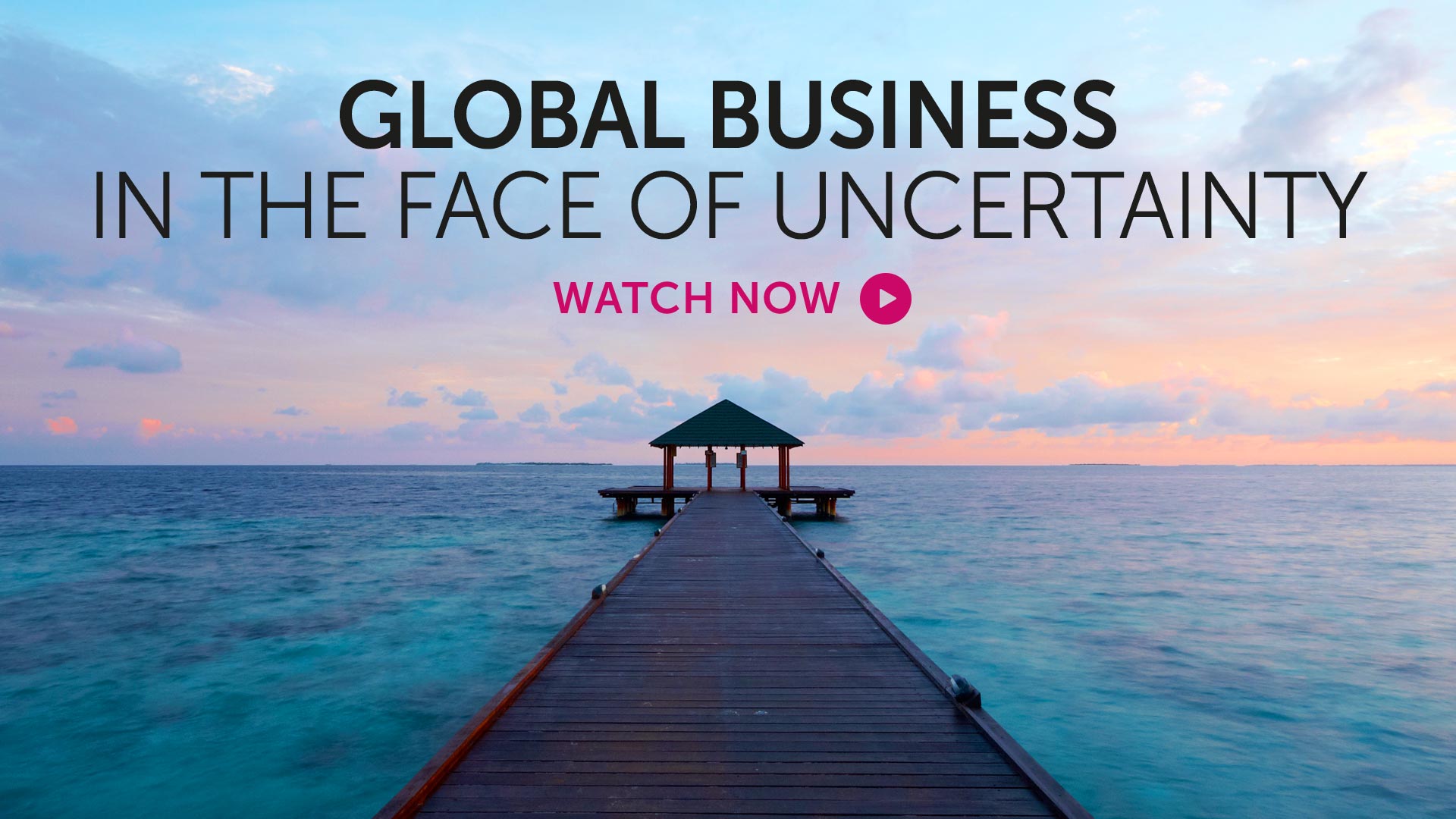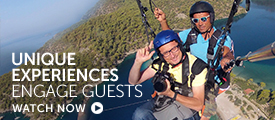According to a report from Markit and CIPS, the UK services economy rebounded in August with The Business Activity Index up to 52.9 in August, from 47.4 in July. But we live in a global world and work in an international industry so global forecasts and upsets are always in mind. Markit and CIPS also state that Eurozone economic growth is at a 20-month low in September. FocusEconomics panelists see GDP in China rising 6.6% this year with a slow down to 6.3% next year. This is still positive but reflects a change from recent years.
This week our hospitality experts discuss market uncertainty and global business:
The month-on-month gain in the UK business activity index, at 5.5 points, was the largest observed over the 20-year survey history, following a record drop of 4.9 points in July. This goes to show how changeable today’s economy is.
Markit’s Eurozone PMI® Composite Output Index suggests that the economy is losing, rather than gaining, momentum as the average index reading over the third quarter (52.9) is below that of quarter two (53.1).
According to FocusEconomics there is suggestion that things are looking in Russia up as GDP fell just 0.6% annually in Q2, the smallest decrease since Q1 2015.
As our experts discuss above long term confidence is difficult with so many factors possibly affecting business. But all business that embrace the international perspective are more expectant of these changes and better equipped to perform in all weathers.
If you’ve been sent to this page and you’re not yet on the circulation list to receive these regular briefings and you would like to sign up, you can do see here. It’s free.
Video clips produced by ybc.tv for the Hospitality Channel, including interview from industry conferences such as the IHIF conference as well as specific Hospitality Channel shoots.




